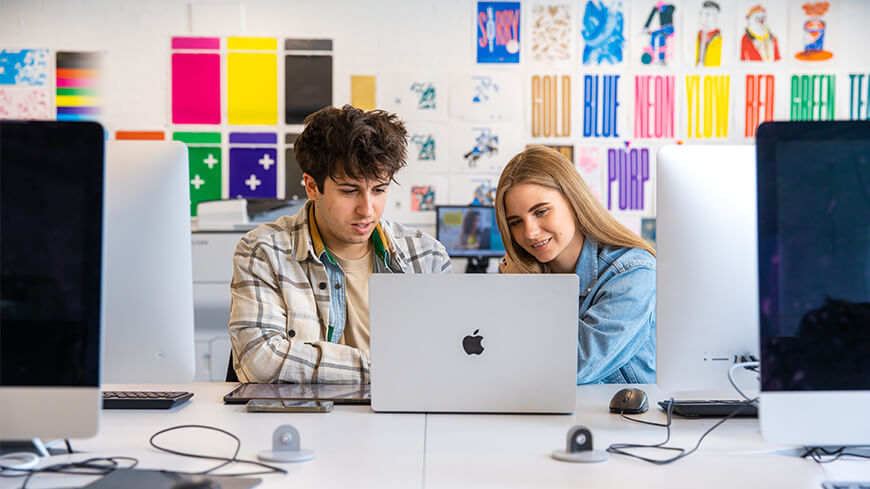Create effective notes
Top tip from Fatimah Bawa-Allah, International Business and Human Resource Management MSc student:
“Attend revision classes and pay more attention than usual.”
So now you have planned effectively, let’s look at how we can create effective notes.
First things first - read your plan and identify all the important topics. So you know which areas need the most notes at this point, you can also look back at your notes from the beginning of the year and see which areas your teacher focused more on.
Mind maps
Youth Work and Community Development BA (Hons) student Fleisha uses mind maps as her way to create notes. Find out what other tips she has to share in the video below.
Your notes
- Break your notes down and separate them by subject. Once you have done this, make sure they are filed and well organised. Use subject dividers and coloured pens; highlight important parts;
- Review notes regularly, spend a few days reading over them;
- Once you have read over them, you may want to re-write them for revision, or you might find your original notes easier to recall it is entirely up to you;
- Following this it is time to get creative, turn your notes into posters and flash cards. The section below will give you some helpful techniques.
Boris Zeyya, Artificial Intelligence BSc (Hons) student says:
“I find it really helpful to take notes during the lectures and then highlight the key information. That way when I’m revising, I can easily pick out the key points.”
Posters and flash cards

Did you know? Research suggests it is easier to recall information if it has been grouped or linked in a meaningful and creative way. Many of us have visual memories, and find it easier to remember information presented in a visual presentation.
Accounting and Finance BA (Hons) student Natalia Pospieszne says:
“Be positive and believe in yourself – and do not forget to enjoy your life, keep it balanced.”
Here are four simple techniques to get you started
- A poster allows you to digest information subconsciously. Use colours and large writing and show the links between aspects of your topic;
- Make A4 (or smaller) summary cards and keep them with you. You can look at them at any time;
- Flash cards are useful for testing yourself on factual points and it is really easy to test yourself on sub topics;
- Write the question on one side and the answer on the other, you can do this with a friend.
Go to the next section